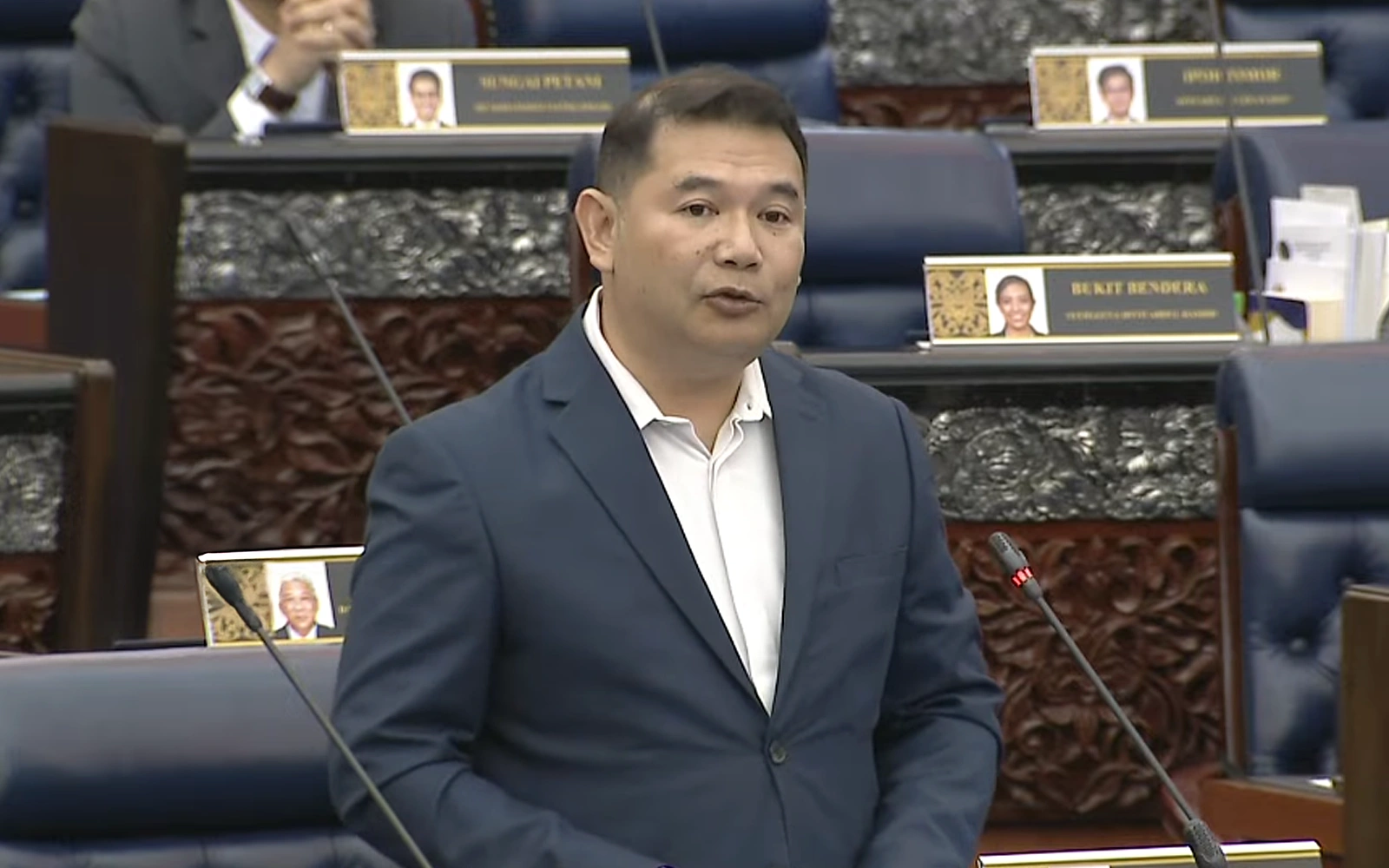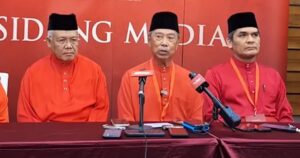
The government’s focus in the 13th Malaysia Plan must shift from mega projects to long-term policy reforms aimed at making key structural changes, says former economy minister Rafizi Ramli.
Rafizi (PH-Pandan) warned that Malaysia could fall into a cycle of short-term populism and political instability with frequent changes in government without introducing these policy shifts.
Debating the 13MP in the Dewan Rakyat today, Rafizi said the government must break away from the traditional approach of approving high-cost infrastructure projects with questionable economic returns.
“I’ve repeated this many times. The 13MP cannot continue to be about approving mega projects like before. They must be grounded in policy frameworks.
“From these frameworks, we evaluate whether the regulations or education systems are future-proof. Every approval for a mega project must be based on implementability and business viability,” he said.
Looking beyond the current development cycle, the PKR MP warned that Malaysia may face structural fiscal pressures in the coming years, particularly regarding taxation.
“In five, 10 or 15 years from now, the government will face the dilemma of having to raise taxes. Every time a government increases taxes, it will be punished and replaced (in general elections),” he said.
He warned that this dynamic could trap the country in a populist cycle, where structural reforms are delayed in favour of populist policies for the sake of short-term political survival.
“It has already happened in many countries – in the UK, in European nations – and it will happen to Malaysia too, eventually,” he said.
Last week, Bersatu’s Machang MP Wan Ahmad Fayhsal Wan Ahmad Kamal described the 13MP as lacking any “wow factor” and was simply business as usual.
He said there were a lot of initiatives focusing on the Malay heartlands, including in Kelantan, but these were not game-changing.






